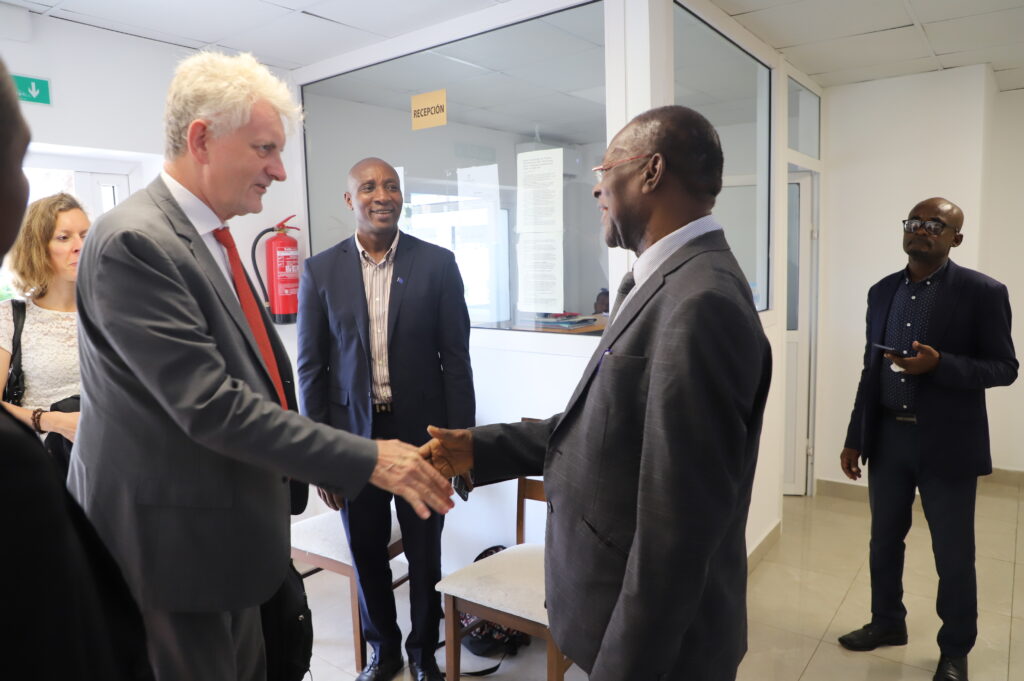The visit of Jean Marc Chataigner, European Union Ambassador to Cameroon and Equatorial Guinea, to Malabo on November 28 marked a pivotal moment in relations between Central Africa and the European Union. Focusing on cocoa, Chataigner emphasized the EU’s interest in securing a high-quality supply, acknowledging Equatorial Guinea’s potential as a strategic player in this global market.
Finca Sampaka: Equatorial Guinea’s Premier Chocolate Producers
Anacleto Olo Mibuy, President of Equatorial Guinea’s Scientific and Technological Research Council (CICTE), highlighted geolocation and traceability as crucial elements to certify Equatoguinean cocoa as a premium product. In collaboration with Cameroon, the country aims to position itself in global trade by ensuring quality and creating new economic opportunities. “We want Equatoguinean cocoa to be a global benchmark,” Olo Mibuy stated, underscoring the need to strengthen technical and legislative capacities.
In a context where European consumers increasingly demand ethical and sustainable products, cocoa-producing nations emerge as indispensable partners for maintaining competitiveness. Equatorial Guinea and Cameroon, with their optimal natural conditions, are poised for interregional collaboration to optimize the cocoa value chain, from cultivation to industrialization. This approach promises not only to add value to the product but also to create jobs and foster sustainable economic development in the region.
The European Union, for its part, is committed to investing in technical training and innovative agricultural projects to build a sustainable ecosystem. Chataigner stressed the importance of this strategic partnership, not only to ensure access to high-quality cocoa but also to strengthen trade ties in a constantly evolving global market.
With the support of Cameroon and the EU, Equatorial Guinea is uniquely positioned to revitalize its cocoa industry and establish itself as a leader in premium cocoa production. This joint effort not only bolsters European competitiveness but also ushers in a new era of opportunities for Central Africa on the global stage.
